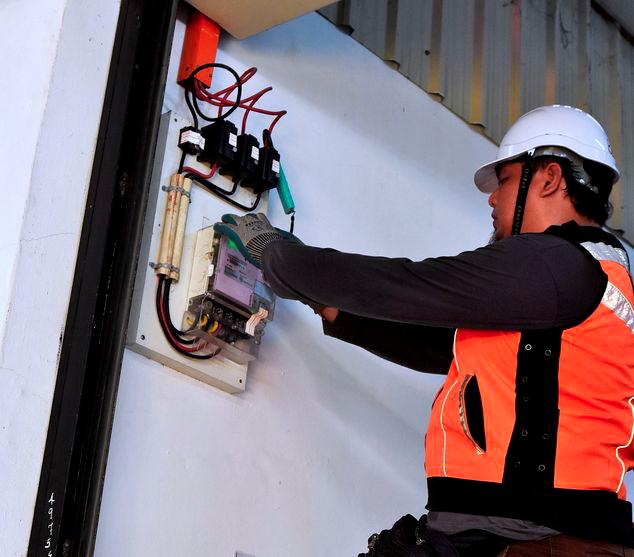KOTA KINABALU: Sabah Electricity is working to enhance electricity services across the state, including in challenging areas such as Beluran and Telupid, said its chairman, Datuk Seri Wilfred Madius Tangau.
He acknowledged and empathised with the frustration of consumers, particularly in Beluran and Telupid, following power outages on Feb 27 and 28 due to failures in several cables along the 33kV Segaliud-Beluran transmission line.
“The two-day power disruption significantly affected areas such as Lung Manis and Sapi Nangoh; one of the main causes of outages in Telupid and Beluran was the use of uninsulated All-Aluminium Conductor (AAC) cables for electricity transmission.
“These overhead cables, although commonly used in the past, are more vulnerable in densely forested and hilly areas. They are prone to damage from falling tree branches, strong winds, or heavy rain, which can lead to power disruptions,” he said in a statement today.
As a solution, Tangau emphasised the need to transition to Aerial Bundled Cables (ABC), which are insulated and designed to minimise disruptions caused by contact with tree branches. However, he noted that this transition is not an easy process due to the significant funding and logistical efforts required.
Tangau said the percentage of upgraded power lines in Telupid and Beluran remains low, at only 45 per cent and 28 per cent respectively, compared to 63 per cent in Tambunan, where power disruptions have been reduced to approximately 60 minutes per year.
“Sabah Electricity has been progressively upgrading uninsulated cables, and as of 2024, about 4,937 kilometres (54 per cent) of ABC cables have been installed. However, at the current rate of just 100 kilometres (km) per year, completing the transition could take 30 years at an estimated cost of RM997 million.
“Securing additional funding is not just a necessity but a priority. The current plan to upgrade 230 km of power cables between 2025 and 2027 is expected to cost RM70 million, but final approval from the relevant authorities is still pending,” he added.
Tangau stressed that improving the reliability of Sabah’s electricity supply requires a comprehensive strategy involving infrastructure upgrades, regulatory adjustments and continuous engagement with stakeholders.
“It is crucial for policymakers and authorities to recognise the urgent need for greater investment in Sabah’s energy infrastructure, ensuring that rural and semi-urban communities are not left behind in receiving stable power supply,” he said.
He acknowledged that upgrading infrastructure, maintaining the system and managing operational costs remain challenging, especially as the demand for improvements far exceeds available resources.
However, he said every effort is being made to prioritise critical areas in need of urgent action.









